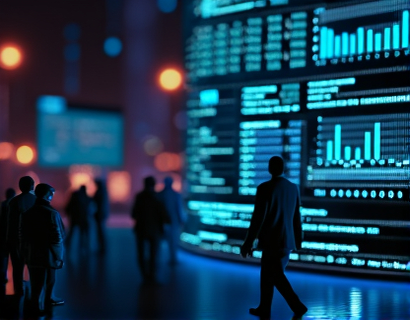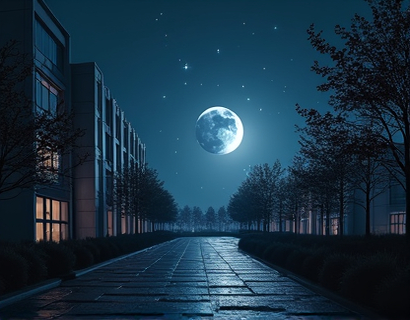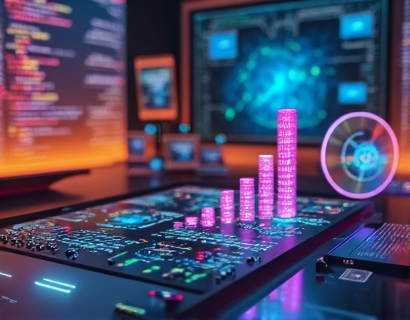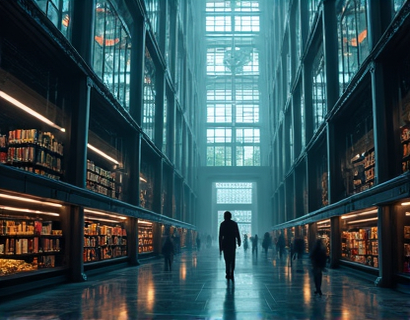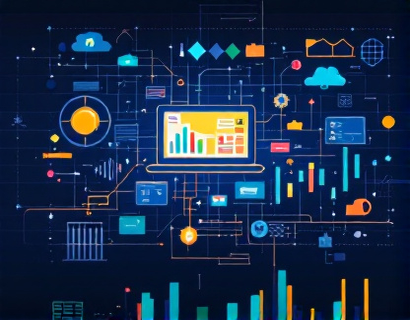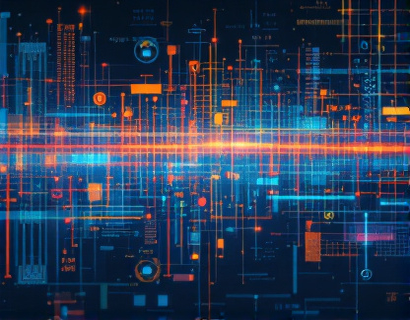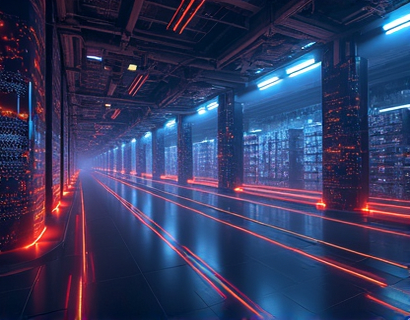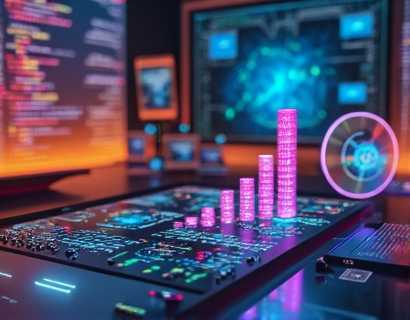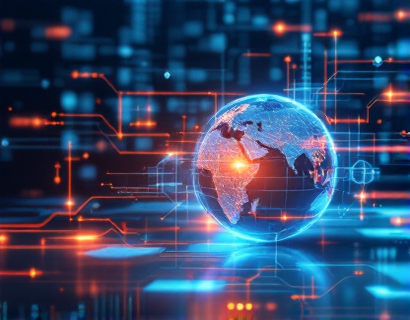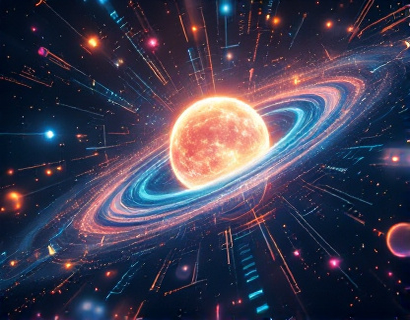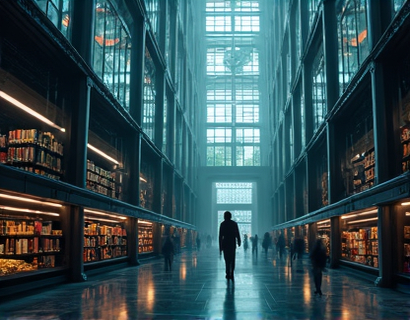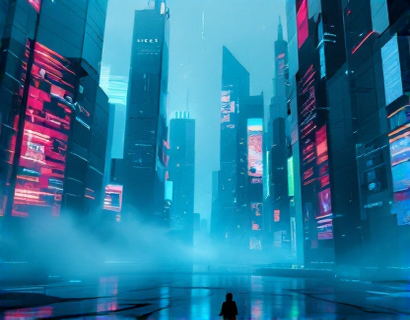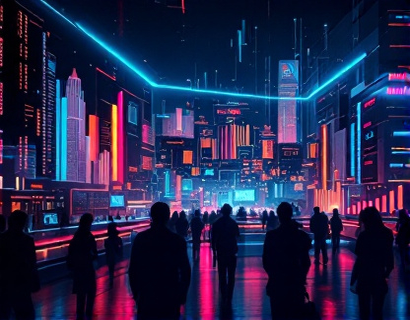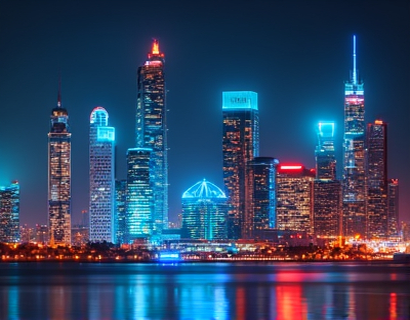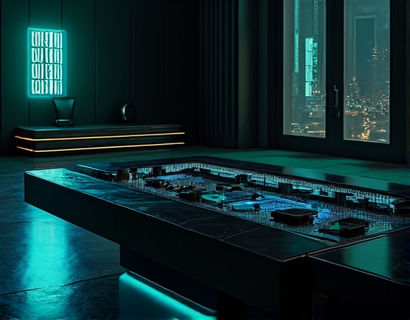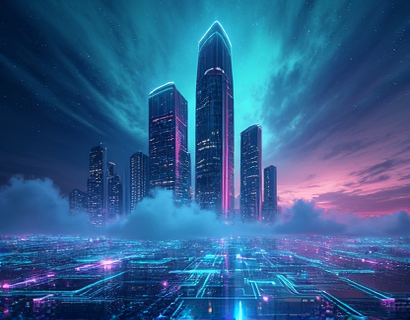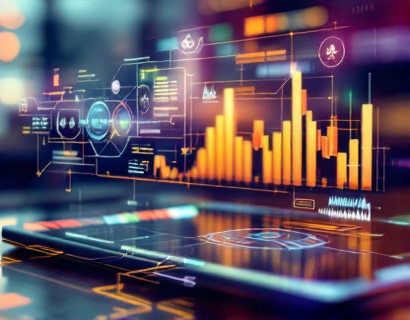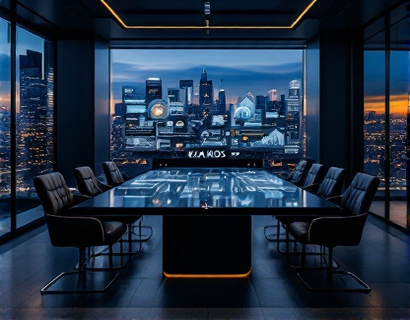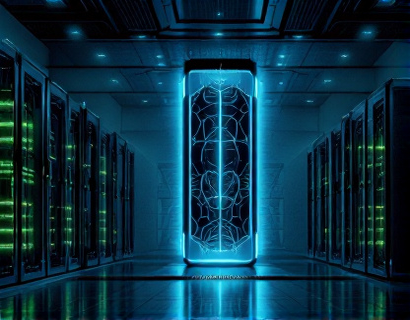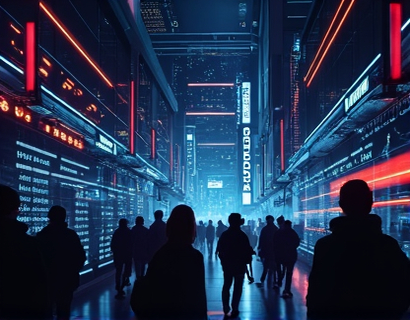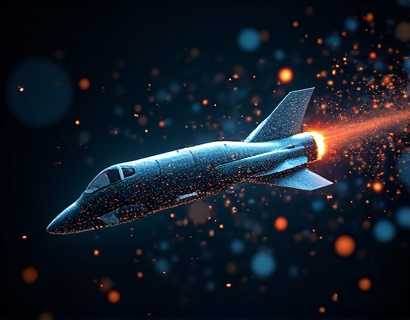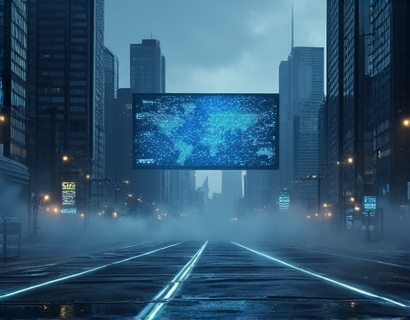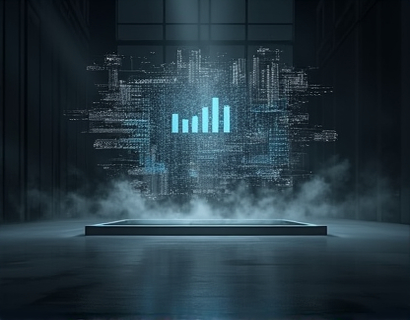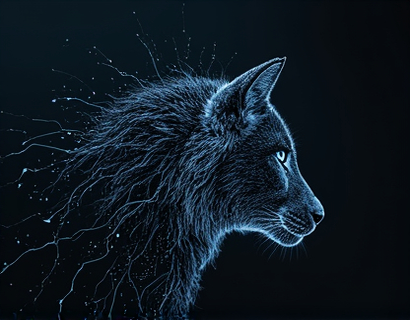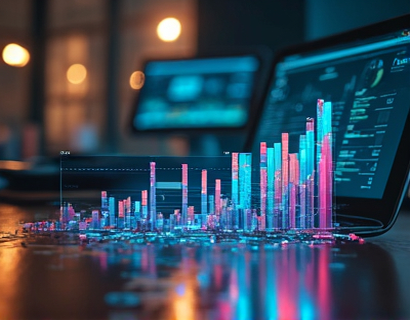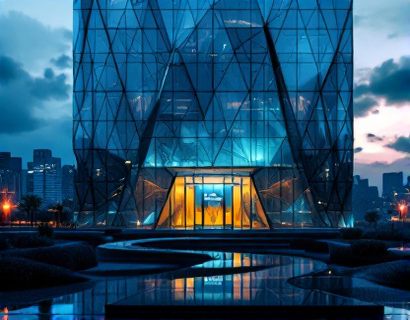AI-Powered Creativity Transformation: Revolutionizing Film, Music, and Gaming Production with Advanced Technology Solutions
The entertainment industry is undergoing a profound transformation driven by the integration of Artificial Intelligence (AI) technology. This shift is not merely an incremental update but a revolutionary change that is redefining how creativity is expressed, projects are managed, and content is produced across film, music, and gaming sectors. AI is providing creative professionals with advanced tools that enhance their capabilities, optimize production processes, and streamline project management, enabling them to achieve unprecedented levels of success and set new industry standards.
Enhancing Creativity in Film Production
In the realm of film production, AI is opening new avenues for creative expression. Scriptwriting, once a purely manual and time-consuming process, is being augmented by AI-driven tools that can analyze successful scripts, identify patterns, and suggest plot developments, character arcs, and dialogue. These tools do not replace human creativity but serve as a catalyst, offering writers a wealth of ideas and possibilities to explore. For instance, AI can generate multiple script versions based on different themes, genres, and character dynamics, allowing directors and writers to experiment and refine their concepts more efficiently.
Visual effects (VFX) are another area where AI is making significant strides. Traditional VFX workflows are labor-intensive and require extensive manual intervention. AI-powered solutions can automate repetitive tasks such as object tracking, background removal, and environment generation. Machine learning algorithms can learn from vast datasets of visual content to create realistic and seamless effects, reducing the time and cost associated with VFX production. This not only accelerates the post-production process but also allows filmmakers to focus more on creative decision-making rather than technical execution.
Optimizing Music Production
The music industry is equally benefiting from AI technology. Composing music has always been an art form that combines technical skill with creative intuition. AI tools are now assisting composers by generating musical ideas, creating harmonies, and even composing entire pieces of music. These tools analyze existing music genres and styles to produce new compositions that can inspire or complement human creativity. For example, AI can suggest chord progressions, melodies, and rhythms based on the desired mood, tempo, and genre, providing musicians with a rich palette of options to work with.
Music production also sees efficiency gains through AI-driven mastering and mixing tools. These tools can analyze audio tracks, adjust levels, equalize frequencies, and apply effects to achieve professional-sounding results. This democratizes high-quality production, allowing independent artists and smaller studios to produce music that competes with major label outputs. Additionally, AI can assist in music recommendation and discovery, tailoring playlists to individual listener preferences and helping artists reach broader audiences.
Revolutionizing Gaming Development
In the gaming industry, AI is transforming the way games are designed, developed, and experienced. Game design is a complex process that involves creating immersive worlds, engaging narratives, and responsive gameplay mechanics. AI tools can aid in level design by generating terrain, placing objects, and creating challenging yet fair levels. Machine learning algorithms can analyze player behavior and adapt game difficulty in real-time, ensuring an optimal gaming experience for each player. This dynamic adjustment not only enhances player engagement but also extends the lifespan of a game by providing continuous challenges.
Procedural content generation is another area where AI shines in gaming. Instead of manually creating every asset and level, developers can use AI to generate vast amounts of content automatically. This includes textures, models, and even entire levels, significantly reducing the time and resources required for content creation. AI can also assist in NPC (non-player character) behavior, creating more lifelike and interactive characters that respond to player actions in meaningful ways. This level of sophistication enhances the immersion and realism of gaming experiences.
Streamlining Project Management
The integration of AI extends beyond creative processes to project management, a critical aspect of successful production in any entertainment sector. AI-powered project management tools can predict project timelines, allocate resources more efficiently, and identify potential bottlenecks before they become issues. These tools analyze historical data from previous projects to provide data-driven insights, helping project managers make informed decisions and optimize workflows. For instance, AI can suggest optimal scheduling of tasks based on team availability, skill sets, and past performance, ensuring that projects stay on track and within budget.
Collaboration is another area where AI enhances project management. In the entertainment industry, projects often involve large teams spread across different locations. AI-driven communication and collaboration platforms can facilitate seamless interaction, document sharing, and real-time feedback. Natural language processing (NLP) capabilities enable more intuitive and efficient communication, reducing misunderstandings and improving team coordination. This is particularly valuable in cross-disciplinary projects where clear and effective communication is essential for success.
Challenges and Ethical Considerations
While the benefits of AI in the entertainment industry are undeniable, there are also challenges and ethical considerations that need to be addressed. One major concern is the potential displacement of jobs. As AI tools become more capable, there is a risk that some traditional roles may be automated. However, this shift also creates new opportunities for roles that focus on overseeing AI systems, interpreting their outputs, and integrating them into the creative process. Education and training programs will be crucial in helping professionals adapt to these changes.
Another ethical consideration is the authenticity and originality of AI-generated content. There is a debate about whether AI-generated music, scripts, and art can truly be considered creative works. Ensuring that AI tools are used to augment human creativity rather than replace it is essential. Transparency in the use of AI, clearly indicating when content is generated or assisted by AI, can help maintain trust and integrity in the industry.
Future Prospects
The future of AI in the entertainment industry looks promising, with ongoing advancements expected to further enhance creativity, efficiency, and audience engagement. As AI algorithms become more sophisticated, we can anticipate even more innovative applications across film, music, and gaming. For example, AI-driven virtual reality (VR) and augmented reality (AR) experiences are on the horizon, offering immersive storytelling and interactive entertainment like never before. These technologies will not only change how content is consumed but also how it is created, opening new frontiers for artistic expression.
The collaboration between human creativity and AI technology is set to redefine the entertainment landscape. By leveraging the strengths of both, professionals can achieve levels of innovation and quality that were previously unimaginable. The key lies in embracing AI as a powerful ally rather than a replacement, using it to enhance the creative process and bring new ideas to life.





